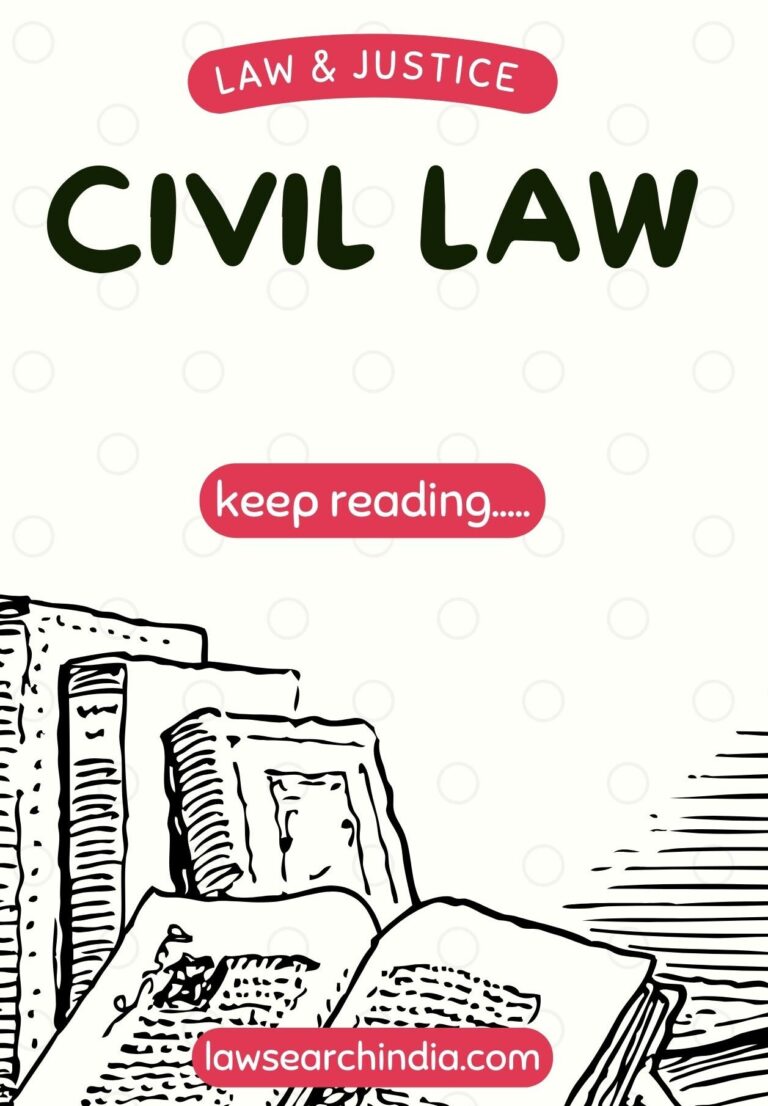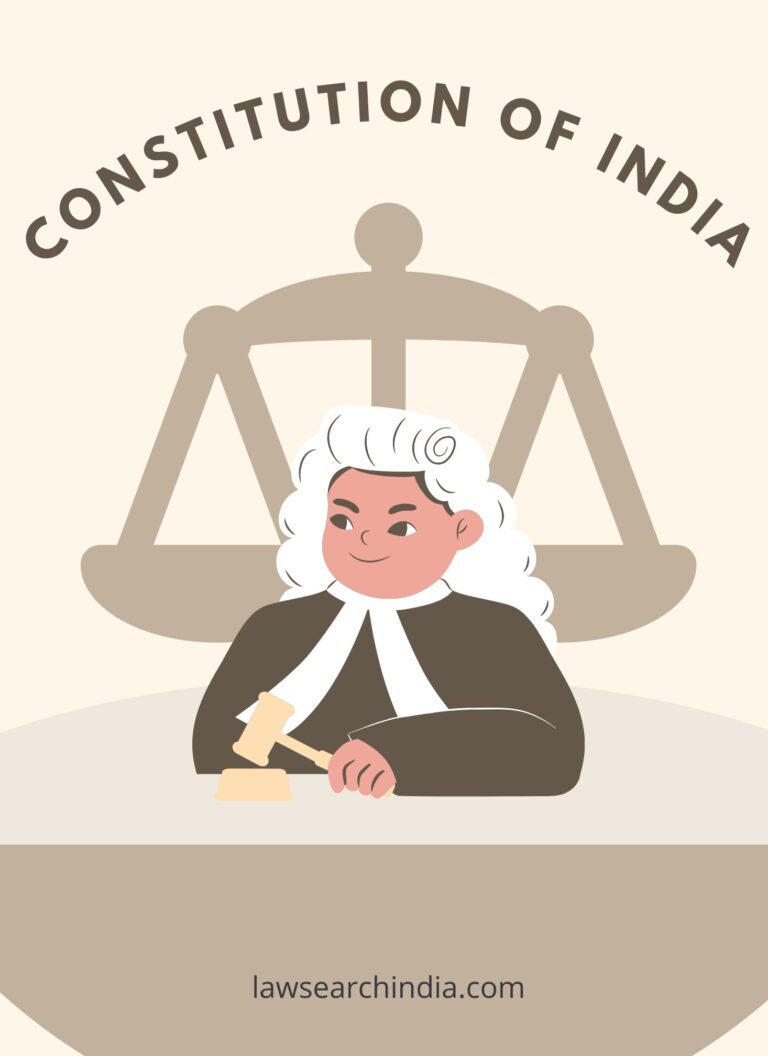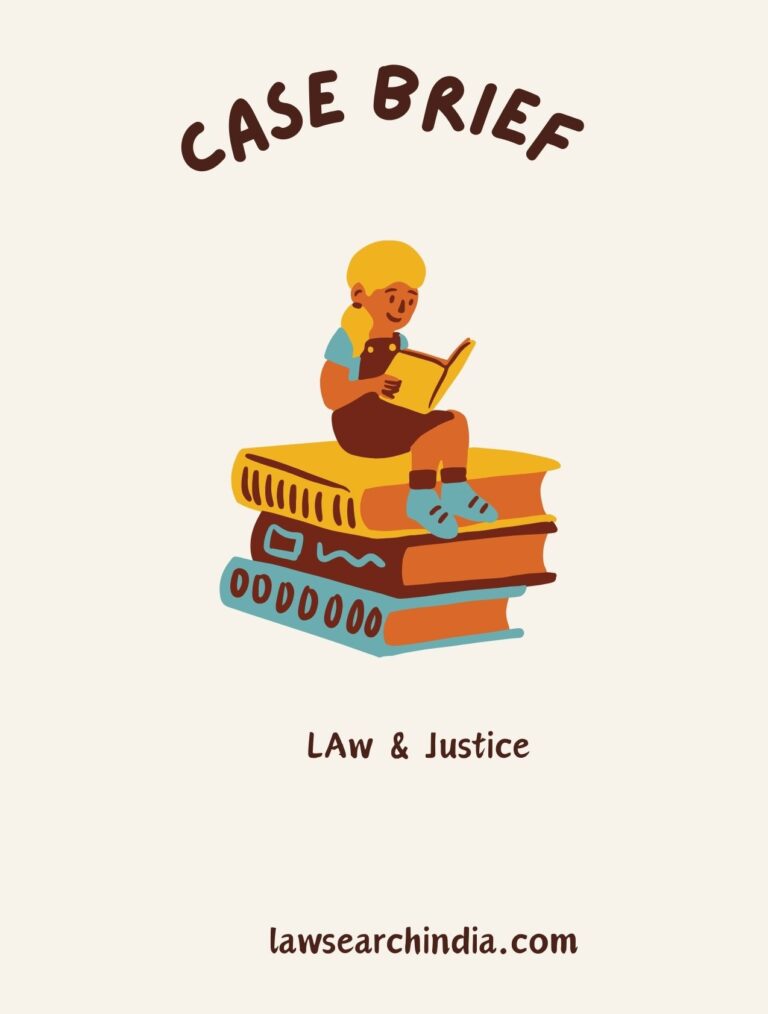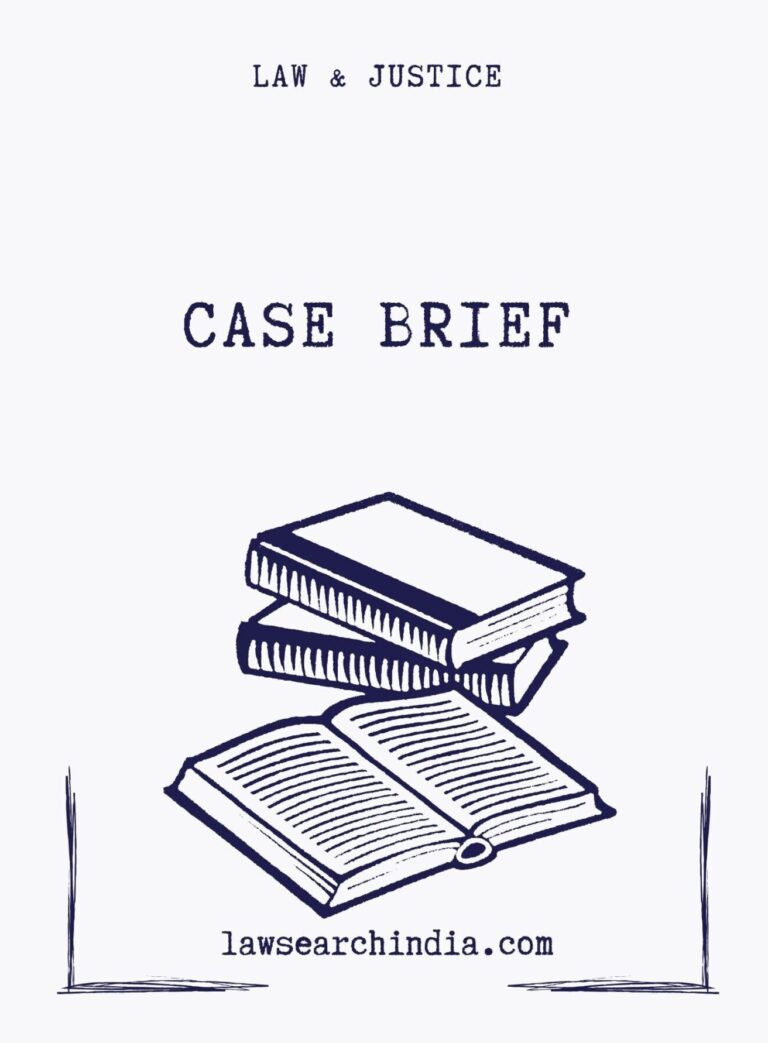RES SUB JUDICE – SECTION 10 CPC
The fundamental test to attract Section 10 is, whether on final decision being reached in the previous suit, such decision would operate as res judicata in the subsequent suit. Section 10 applies only in cases where the whole of the subject-matter in both the suits is identical. The key words in Section 10 are “the matter in issue is directly and substantially in issue” in the previous instituted suit. The words “directly and substantially in issue” are used in contradistinction to the words “incidentally or collaterally in issue”. Therefore, Section 10 would apply only if there is identity of the matter in issue in both the suits, meaning thereby, that the whole of the subject-matter in both the proceedings is identical.




